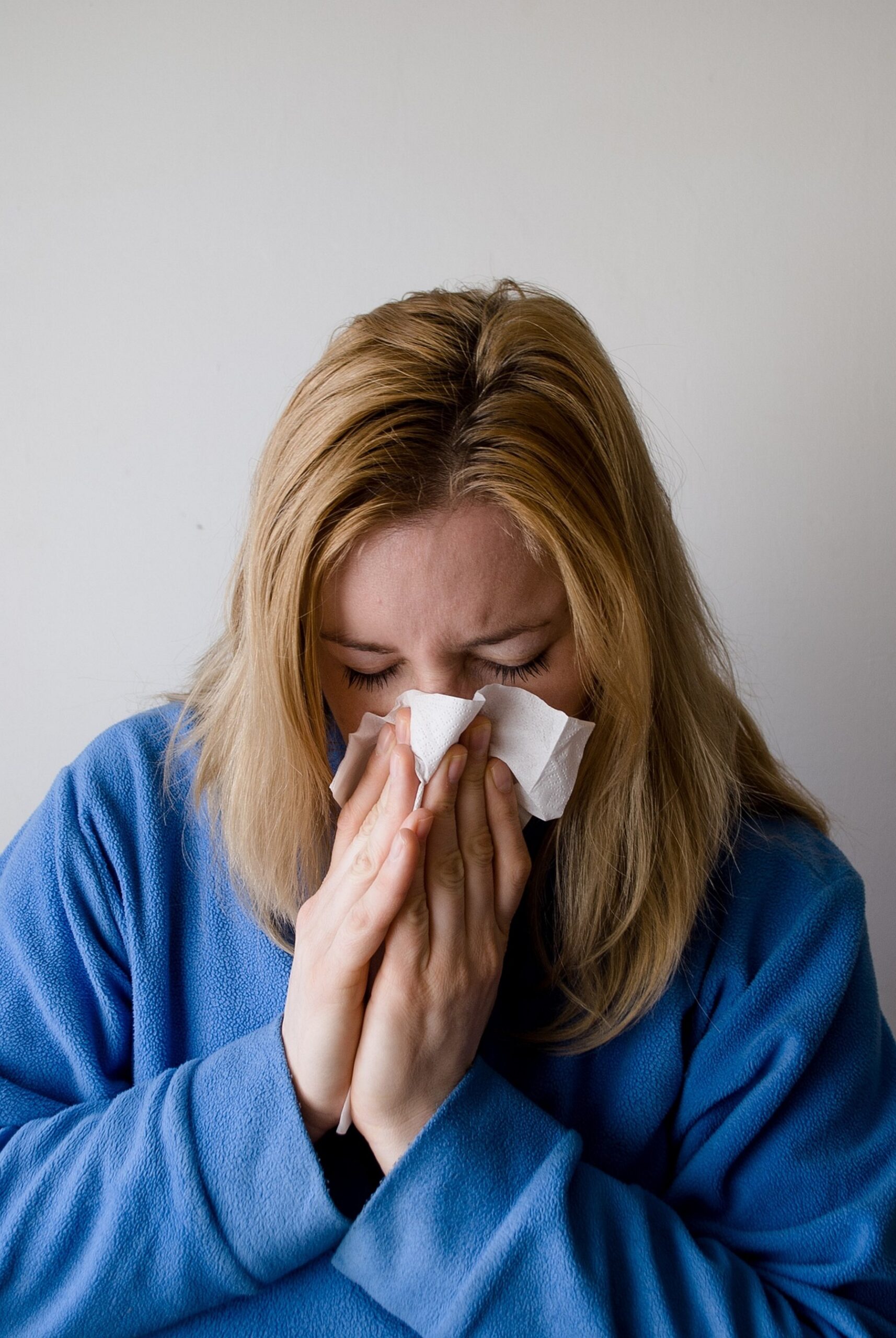The number of flu-related deaths in Georgia has more than doubled, climbing to 25 from 12, state health officials reported late Friday.
The Department of Public Health also said there were 115 hospitalizations in the metro Atlanta area due to influenza infection during the week of Jan. 14 through Jan. 20. The week before, there were 40 hospitalizations in metro Atlanta due to flu.
There have been 671 hospitalizations in the region so far this flu season.
Nationally, flu activity has remained widespread in 49 states from coast to coast for three weeks in a row.
The number of people getting the flu is still increasing, as is the hospitalization rate. The latter – a predictor of the death rate – is now on track to equal or surpass that of the 2014-2015 flu season, the New York Times reported.
Like that year, the main strain of flu circulating this year is the H3N2 strains, which tends to cause more illnesses and deaths.
About 34 million Americans got the flu in 2014-15, including about 710,000 people who were hospitalized and about 56,000 who died, said Dr. Dan Jernigan, director of the influenza division at the Centers for Disease Control and Prevention.
Kristen Nordlund, a CDC spokeswoman, said that ‘’hopefully we’re in the peak currently, since the data is a week behind, or that it peaks soon,” according to CNN.
“Regardless, there is a lot of flu activity happening across the country and likely many more weeks to come,” Nordlund added.
The flu is hitting the 65-and-over age group hardest, but the next-hardest hit is the 50-to-64 age group. Usually, it’s children who occupy the second-hardest-hit spot, NPR reported.
Still, seven more influenza-associated pediatric deaths were reported nationally, bringing this season’s total to 37.
In Georgia, 20 of the 25 deaths were in the 65-and-over age group. There have not been any child deaths reported here, according to Public Health figures.
Hospitals across the state have been scrambling to keep up with the load of patients.
Wellstar Health System, which has 11 hospitals, is seeing a 30 percent spike in flu patients this month compared to last January, WABE reported. “I just think that because we’ve had the cold snap, we were all together in our homes and our kids were out of school that we will see another increase in the flu volume,” said Freda Lyon, vice president of emergency services for WellStar.
Officials at Grady Memorial Hospital in Atlanta said its ER is seeing about 40 patients a day with the flu or flu-like symptoms, WABE reported.
The Albany Herald reported that Southwest Public Health District Director Dr. Charles Ruis said, “We are concerned about the amount of illness and the number of hospitalizations throughout our 14-county district, and we are now investigating the possibility of the first flu death in the district.”
The Georgia Department of Public Health reiterated Friday that it’s not too late to get a flu shot.
“It is especially important for those at high risk of flu complications,’’ the agency said, citing the elderly, the very young, pregnant women, residents of nursing homes and long-term care facilities, and individuals with existing medical conditions.
Among other Public Health recommendations:
- Stay home from work or school if you’re sick, so you don’t spread the flu. Before returning to school or work, flu sufferers should be free of fever (without the use of a fever reducer) for at least 24 hours.
- If your doctor prescribes antivirals, take them.
- If you’re not sick, stay away from people who are.
- Wash your hands thoroughly and frequently to help guard against the flu. If soap and water are not accessible, the next best thing is to use alcohol-based sanitizing gels.
- Cover the nose and mouth when coughing and sneezing to help prevent the spread of the flu. Use a tissue, or cough or sneeze into the crook of the elbow or arm.
- Avoid touching your face, as flu germs can get into the body through mucus membranes of the nose, mouth and eyes.
Andy Miller is editor and CEO of Georgia Health News










